
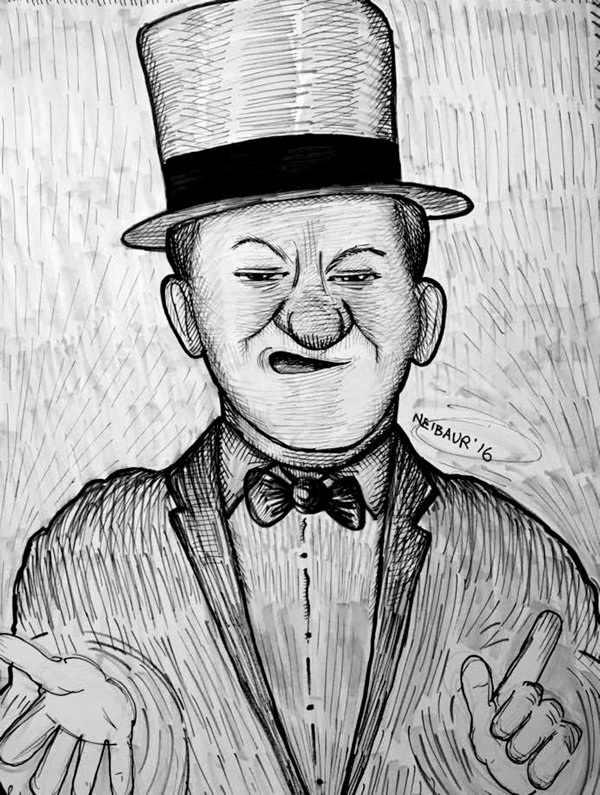
Sketch of W.C. Fields by James L. Neibaur.
The W.C. Fields Films
JAMES L. NEIBAUR

McFarland & Company, Inc., Publishers
Jefferson, North Carolina
ALSO OF INTEREST AND FROM MCFARLAND
Chaplin at Essanay: A Film Artist in Transition, 19151916, by James L. Neibaur (2008), Arbuckle and Keaton: Their 14 Film Collaborations, by James L. Neibaur (2007), The Bob Hope Films, by James L. Neibaur (2005), The Jerry Lewis Films: An Analytical Filmography of the Innovative Comic, by James L. Neibaur and Ted Okuda (1994; softcover 2013), The RKO Features: A Complete Filmography of the Feature Films Released or Produced by RKO Radio Pictures, 19291960, by James L. Neibaur (1994; softcover 2005)
LIBRARY OF CONGRESS CATALOGUING DATA ARE AVAILABLE
BRITISH LIBRARY CATALOGUING DATA ARE AVAILABLE
e-ISBN: 978-1-4766-2748-9
2017 James L. Neibaur. All rights reserved
No part of this book may be reproduced or transmitted in any form or by any means, electronic or mechanical, including photocopying or recording, or by any information storage and retrieval system, without permission in writing from the publisher.
Front cover: W.C. Fields, 18801946 (film strip 2017 Shutterstock)
McFarland & Company, Inc., Publishers
Box 611, Jefferson, North Carolina 28640
www.mcfarlandpub.com
For my old friend
Joseph Kane (19572016)
and
my new one,
Marshall Lynch (born 2015)
Acknowledgments
Thanks to the following who helped with this project:
Katie Carter and Terri Lynch, my small staff of two, who always work so hard on my projects, chapter by chapter, film by film.
Paul Gierucki, Ron Hutchinson, and Ted Okuda, for sharing invaluable materials from their own collections.
James Zeruk, Jerry Lewis, Joe Kane, Ronald Fields, Donald Deschner, William K. Everson, Ted Wioncek, David T. Rocks, Dave Stevenson, Buster Crabbe, Gloria Jean, and Scott MacGillivray.
Preface
W. C. Fields is one of the most brilliant comedians ever to appear in motion pictures. His work and manner have influenced many, and his courage in challenging established methods continue to make his movies relevant in the 21st century. At the height of his career, during the mid-to-late 1930s, W. C. Fields was a major motion picture star, and his likeness found its way into cartoons and advertisements. Films like Its a Gift (1934), Man on the Flying Trapeze (1935), and The Bank Dick (1940), remain essential classics of their era.
During the late 1960s and early 1970s, high school and college students discovered Fields old films. Younger people responded to his put-upon Everyman character, while his ultimate ability to rebel, triumphing over his adversaries, provided a satisfying climax to his pictures. Even his catch phrases, like, Any man who hates babies and dogs cant be all bad, were considered amusingly reactionary and bold rather than mean and cantankerous. (Nobody bothered to research the quote and discover that someone else said it about Fields: it was not said by Fields himself.) It was part of his persona, his mystique, his relevance to his own era and to the new one in which later generations embraced him. During this period, Fields popularity soared, resulting in film festivals and Fields-lookalike contests on college campuses. He became an icon a quarter of a century after his 1946 passing, and his character became firmly established in the pop culture lexicon.
However, by the mid1970s, American pop culture had changed. Televisions Saturday Night Live focused on the here and now, and the cultural zeitgeist moved away from nostalgia and the embracing of past stars as pop culture heroes. By the end of the 1980s, movie magazines had occasional articles discussing how popular Fields had been only twenty years earlier, but whose notoriety had dwindled to where that current eras young people were not even aware of him.
This, thankfully, did not stop Fields from continuing to be marketed to movie buffs. His films were released to VHS and, later, DVD. In 2015, the 100th anniversary of his first film appearance, was celebrated at the Magic Castle in Hollywood. Various Fields family members, including Ronald Fields, who had years earlier compiled existing material from his grandfathers notes and released them in book form, were on hand to lend an air of respectability. In fact, there were a handful of books discussing Fields films that came out while he was enjoying a nostalgic resurgence of popularity. Since that time, however, many of his silent movies, then considered lost, have been found, restored, and made available. Some of his silents remain lost, while others are represented only by existing fragments. Because of these developments over the decades, this author decided it was time for a fresh assessment of Fields screen work.
This book is a film-by-film look at that work, from his debut in Pool Sharks (1915) through his final starring feature Never Give a Sucker an Even Break (1941). A concluding chapter will look at the cameos he did as his careerand his life were coming to an end. Each chapter contains background information, some discussion of the creative process, an assessment of the film, and its continuing impact on viewers. Lost films will be examined through period reviews and the description of existing clips and scene stills. Along with his starring movies, there will be an exploration of the smaller roles he played in such films as Alice in Wonderland (1933) and Mrs. Wiggs of the Cabbage Patch (1934). Photos, ads, or one-sheets will illustrate each chapter.
According to the late critic and essayist Roger Ebert, the career of W. C. Fields
resides not so much in individual films as in scenes and moments scattered here and there between his first short subject, in 1915, and his last films in the mid1940s. He recycled material tirelessly. Bits from his vaudeville act were being dusted off forty years later, and he always played more or less the same character. Even as Mr. Micawber in David Copperfield (1935), his most disciplined and polished performance, he was recognizably himself in costume (or, it could be argued, Micawber was simply an earlier fictional version of Fields). It is the appeal of the man who cheerfully embraces a life of antisocial hedonism, basking in serene contentment with his own flaws. He is self-contained. As a comedian, he had unusual timing: His dialogue does not end in punch lines that invite laughter, but trails off into implications and insinuations of things better left unsaid. Audiences suspected he was sneaking double meanings past the censors, and they were right.
Fields films were often a meandering series of scenes, not all of which were organic to the narrative. That narrative might reflect his cynical look at the American family dynamic, the success of unscrupulous businessmen, the judgment of persnickety womens groups, the seamy underbelly of small-town life, and untrustworthy children. Regardless of the films lack of a disciplined structure, they remain fascinating works, replete with a hilarious mixture of slapstick and satire.
Whether or not a book of this sort, along with the existing films that are readily available, can restore the legacy of W. C. Fields to the mainstream spotlight where it belongs, cannot be predicted. But we
Next page
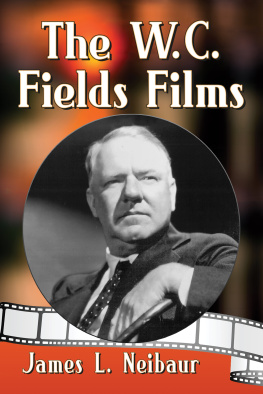

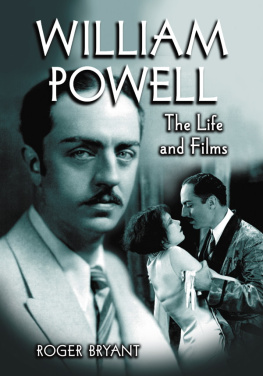
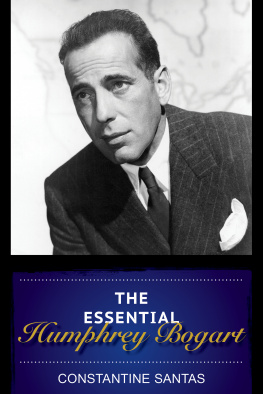
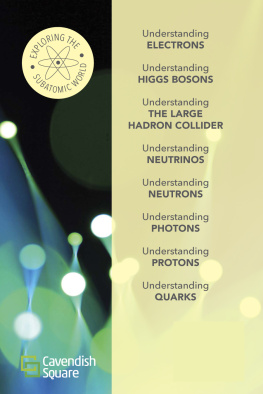
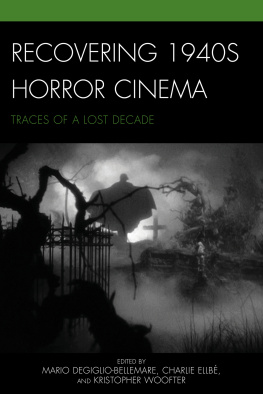
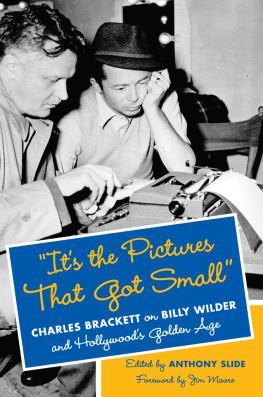
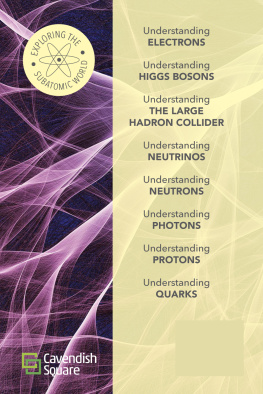
![Cavett Dick - Fields for President [UC]](/uploads/posts/book/171473/thumbs/cavett-dick-fields-for-president-uc.jpg)


